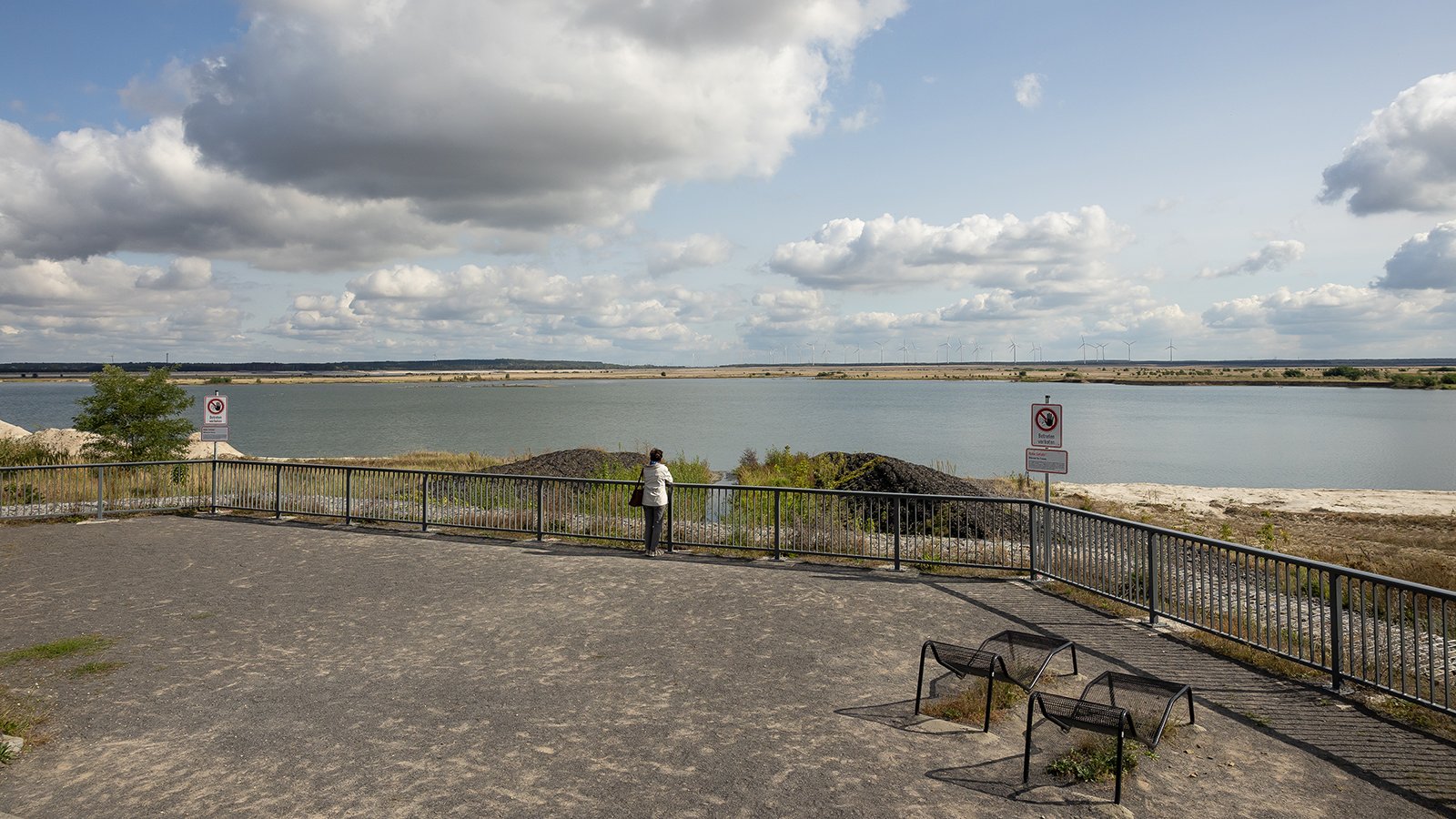A German-Polish Border Region Comes Together
In the German-Polish border region of Spree-Neiße-Bober, the COVID-19 pandemic exposed vulnerabilities—but also sparked new forms of cooperation. Citizens turned shared challenges into a foundation for future resilience and democratic participation.
In the border region of Spree-Neiße-Bober, the COVID-19 pandemic became a dual crisis. Beyond the health and social emergency, the lack of a coordinated EU crisis response raised urgent questions: How can everyday cross-border life function in such a tightly interwoven region without a shared plan?
Daily routines were upended. People working across the border faced closures, joint sports classes and events were cancelled. In a region already marked by demographic aging and political skepticism, the pandemic years posed a serious challenge.
But the region chose to learn from the experience. Together with local residents, it set out to develop a crisis response strategy to better prepare for future emergencies. The question was: how to engage a population that often meets such efforts with skepticism?
Real Participation Requires Precision
It quickly became clear: participation takes courage, and meaningful participation requires precision. Especially with sensitive topics, it’s essential to consider linguistic nuances and cultural differences to ensure equal engagement on both sides of the border.
While participation formats were formally open to all, not everyone was equally reachable. To engage underrepresented groups—such as young people—the region successfully experimented with randomly selecting participants from the population registry.
These efforts had a broader impact than expected. While the pandemic remained a strong reference point, citizens were eager to discuss much more than emergency planning. The process evolved into a bold participation initiative that brought new topics to the table.
- Working with a professional, independent participation facilitator familiar with regional dynamics was key to the project’s success.
- Quick-to-implement outcomes from dialogue formats should be seen as opportunities to demonstrate the value of participation and build trust with citizens.
From Crisis Strategy to the First German-Polish Citizens’ Council
Once involved, citizens were highly motivated. In five lively dialogue events, they discussed issues close to their hearts—from bilingual childcare to improved public transport. Despite differences, it became clear: concerns were often shared across the border. The conversations fostered empathy, understanding, and a new sense of community.
One idea from the dialogues—a joint event calendar for the twin city of Guben-Gubin—was implemented immediately by local authorities, showing citizens that their voices mattered.
This marked the beginning of the first German-Polish Citizens’ Council. Thirteen committed members advised the project, refined proposals, and even drafted an open letter on cross-border health issues to political decision-makers.
The group became a voice for civil society, presenting their work publicly—for example at the Euroregion’s general assembly. The next step: institutionalizing these processes—politically, structurally, and socially.

